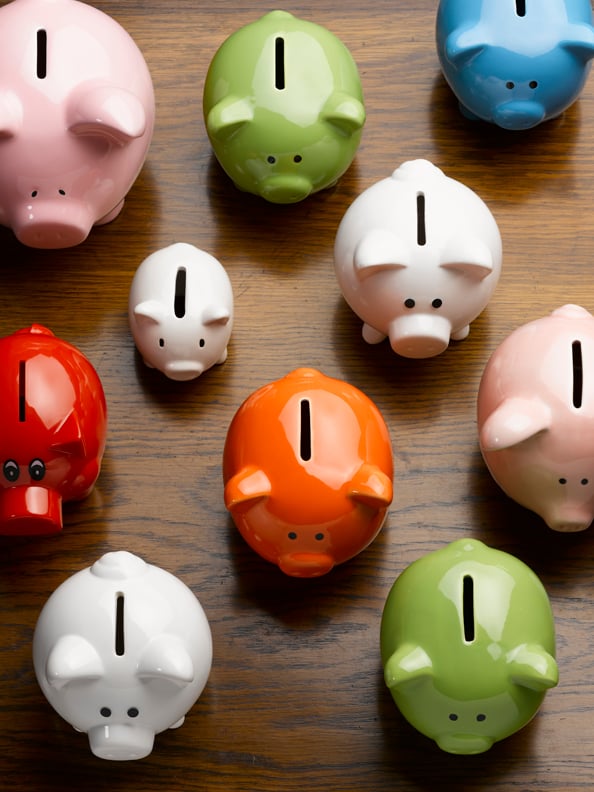Global markets like certainty and therefore the Brexit result causes uncertainty which creates volatility, but where do you stand as an UAE expat?
There has already been a short-term sell-off in stock markets and sterling has fallen. This happens because panic generally sets in and investors lose their nerve selling at the bottom. However, many savvy investors will see this as an important buying opportunity.
Don’t Panic
Markets rise and fall the same as the tide does, but over a longer period of time, a sensible and diverse portfolio will usually reward the patient investor. Those that panic are the ones to lose money. It’s never easy to sit on your hands and wait, but that is the proven way of increasing wealth. Clearly this is a busy time for professional advisers reassuring clients that the world isn’t ending.
Get On The Property Ladder Or Pay Off That Mortgage Faster
For expats paid in dirhams, this could be a stunning opportunity to either accelerate the speed with which you repay your mortgage or indeed look at adding to your shares / property portfolio. Why? Sterling is under increasing pressure and whilst this may be short lived until there is more certainty it will cost you less.
Looking at Bloomberg today, it shows a 12-month high for sterling (sometimes referred to as Cable) was at 1.58, this week the market opened at 1.36. So let’s look at what this means to you in real terms using a property purchase as an example:
Assume you required £100,000 for a house deposit and compared today with one year ago.
In June 2015, you would have had to exchange Dhs580,000 whereas this week, you would only have to exchange Dhsa500,000 for the same £100,000 deposit, a whopping saving of Dhs80,000.
More On EmiratesWoman.com
Read: 10 British Brands you didn’t Know Deliver to The UAE (And Are Now Cheaper Thanks To Brexit)
Read: Brexit And British Expats
Read: How To Be A Millionaire In Dubai
Word of caution, property prices don’t always go up, neither do equity markets and certainly currency markets can be volatile. My advice therefore is to consider forward fixing to secure your rate. This is where you reserve your exchange rate up to 12 months ahead at a rate set today; this way you can lock in the saving and know for certain how many dirhams you need to set aside.
The same applies even if you are using surplus income to repay a mortgage or indeed returning to the UK and I’m sure everyone wants the opportunity of saving money?
Nothing’s Certain
On a final note, no-one can tell you what the outcome will be following the Brexit decision so whatever you hear, from whatever source is merely someone’s opinion. It is far too early to predict with any degree of certainty, but my opinion is that following significant market corrections in 1987, 1992 and also 2008, the UK has demonstrated an amazing resilience and benefited from the challenges.
Words: Andrew Prince, Financial Planner at deVere Acuma
Image: Getty











